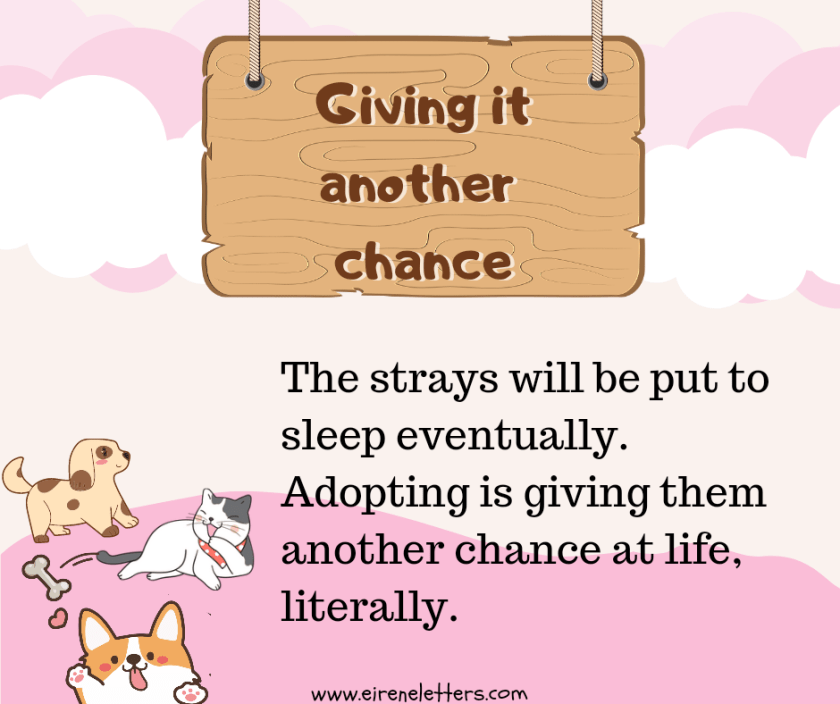I have been tossing and turning on my bed for the 3rd consecutive night. I would wake in the middle of the night, involuntarily. Thinking of this person makes it hard for me to fall asleep.
What is a crush? A crush refers to being attracted to someone. It is a strong attraction and an intense admiration for someone. It can escalate into a deeper friendship or it can be short-lived and temporary.
The cycle of crush i went through:
Butterflies in the stomach
In crushes, love hormones such as oxytocin and dopamine play a part. When I see this person, my heart races and I was in a good mood—initially.
Distracted and moody
Is having a crush a distraction? Oh, definitely! I found myself day-dreaming about this person. Even when I was with my friends, I was feeling restless.
Really nervous!
When I see the crush, I was really nervous! My tongue was tied. My brain was jammed — I couldn’t think properly. I became clumsy. I couldn’t even move as my normal self and I was slow in my reactions.
All of us have experience crushes before. Having crushes is not a sinful thing. However, it is the extent of our obsession and how it interrupts our daily lives that may cause us to fall into sins. The most important thing to do is to, “guard our hearts” (Proverbs 4:23). We guard it because it is the wellspring of our life (Proverbs 4:23). Build a guard around our thoughts about this person.
What does the Bible say we should do about our crush/infatuation?
- Focus on Jesus (John 10:10)
Crushing on someone/infatuation can send us through turbulent emotions. May we have peace in Christ Jesus. May He open our eyes to the wonders of the world around us. Having a crush can easily made this person the center of our lives (our hearts and universe!) but let us not lose ourselves in the process.
- Guard our heart (Proverbs 4:23)
The heart is a well-spring of life. Feelings and emotions that come from infatuation may cloud our minds and make us do things before we think them through. Guard our hearts so that our actions will not cause hurts to others and to ourselves.
Let us guard our hearts and minds so that we will not be overly obsessed with this person.
- Guard our thoughts (2 Corinthians 10:5)
If our thoughts are only consumed with that person, it is not healthy. Let’s think of things that are pure and lovely.
“Finally, brothers and sisters, whatever is true, whatever is noble, whatever is right, whatever is pure, whatever is lovely, whatever is admirable—if anything is excellent or praiseworthy—think about such things.” (Philippians 4:8)
- Guard our relationships with others (Psalm 16:6)
Some of us may be single by choice or we are single for a season. Let us also remember to set healthy boundaries in our relationships with others. 2 Tim 2:22 reminds us the importance of purity in whatever we do. We are to pursue righteous living, faithfulness, love, and peace in all that we do. Don’t lose what is most precious to you in a moment of strong desire.
- Trust in God (Proverbs 3:5-6, Proverbs 27:14)
Let us not be preoccupied in making things happen our way. Or to use unrighteous means to seduce someone we are interested in. God knows what we are going through. We can tell Him what is in our hearts. He is not tired of hearing the same thing again because He cares for us. Let us take all our thoughts to God. What we share with Him can be a spiritual exercise for us to explore our human condition, with its many complicated emotions. Take captive of our thoughts and give them over to God (2 Corinthians 10:5).
Having a crush on someone means we are only human —we can be attracted to people and admire them. However, how we deal with our crush is another matter. It will be unhealthy for ourselves and others if we fail to guard our hearts, minds and emotions. Let’s ask for the grace of God as we navigate through experiencing infatuation.

















